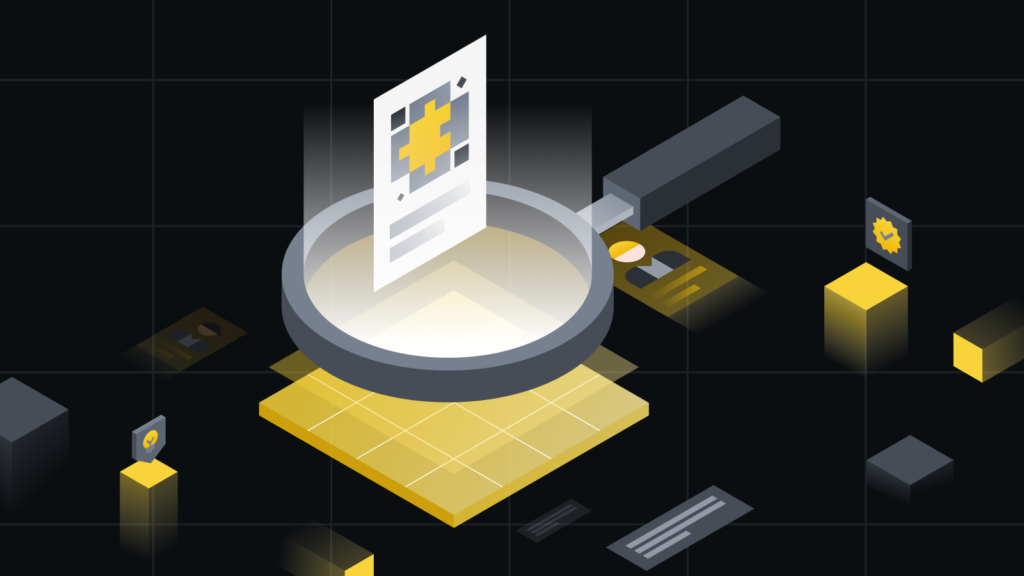
As the onchain world hurtles forward, embracing new digital ways of interacting, the spotlight is on privacy and security. At the heart of this exciting tech wave is zero-knowledge technology. It’s a game-changer in cryptography, allowing for data verification without giving away any secrets. This approach is redefining our understanding of security and privacy in the onchain realm. So, let’s dive into the world of zero-knowledge proofs (ZKPs), see how they tick, and discuss why they’re so crucial for enhancing the onchain ecosystem.
Understanding Zero-Knowledge Proofs
Zero-knowledge proofs are a brilliant way to boost digital privacy and security. They let someone prove they know something without spilling the beans on what that something is. Picture this: Alice needs to show Bob she knows a password without actually showing it. Instead of revealing the password, Alice uses a zero-knowledge proof to perform some clever calculations that confirm her knowledge, all without giving the password away. This method keeps sensitive info under wraps and helps maintain privacy across various online interactions.
How Zero-Knowledge Proofs Work
At their core, zero-knowledge proofs involve some pretty intricate math. They’re complex to put together but are designed to be straightforward to check. For example, if Alice wants to prove she knows a value ‘x’ that solves y = x^2 without revealing ‘x’, she could use a zero-knowledge proof. She picks a random number ‘r’, calculates y from it, and sends y along with proof of her knowledge to Bob. Bob checks the calculations and, if all adds up, he’s sure Alice knows her stuff without ever knowing ‘x’ directly. This showcases the strength of zero-knowledge proofs in protecting data authenticity.
Zero-Knowledge’s Impact on the Onchain Ecosystem
Zero-knowledge technology is a big deal in the onchain universe for a few key reasons. It ramps up privacy and security in transactions, letting you verify transaction authenticity without showing any personal info. It also cuts down on the computational heavy lifting for blockchain networks, since it allows transaction verification without needing to show all the data involved. Plus, it opens up new onchain possibilities, like anonymously proving asset ownership or verifying user identities without the usual passwords.
Real-World Applications of Zero-Knowledge Technology
Zero-knowledge proofs are applied practically across various sectors, demonstrating their versatility and effectiveness:
- Password Verification: Online platforms can confirm user passwords without actually accessing them, ensuring the security of user credentials.
- Financial Transactions: Zero-knowledge proofs can authenticate the legitimacy of financial transactions without revealing sensitive details like account balances or transaction amounts.
- Identity Verification: In settings where privacy is crucial, such as healthcare or legal industries, zero-knowledge proofs can confirm identities without compromising personal information.
zk-STARKs, zk-SNARKs, and zk-Rollups
In onchain security, techs like zk-STARKs and zk-SNARKs are pushing the boundaries of privacy and security. zk-STARKs offer strong, transparent proofs without needing a trusted setup, which means better security but more computing work. zk-SNARKs need a trusted setup but are more streamlined and power private transactions on networks like Zcash. zk-Rollups are changing the game for Ethereum’s scalability by bundling many transactions into one on-chain update without compromising security.
Tailoring Zero-Knowledge Tech for Your Needs
In onchain security, techs like zk-STARKs and zk-SNARKs are pushing the boundaries of privacy and security. zk-STARKs offer strong, transparent proofs without needing a trusted setup, which means better security but more computing work. zk-SNARKs need a trusted setup but are more streamlined and power private transactions on networks like Zcash. zk-Rollups are changing the game for Ethereum’s scalability by bundling many transactions into one on-chain update without compromising security.